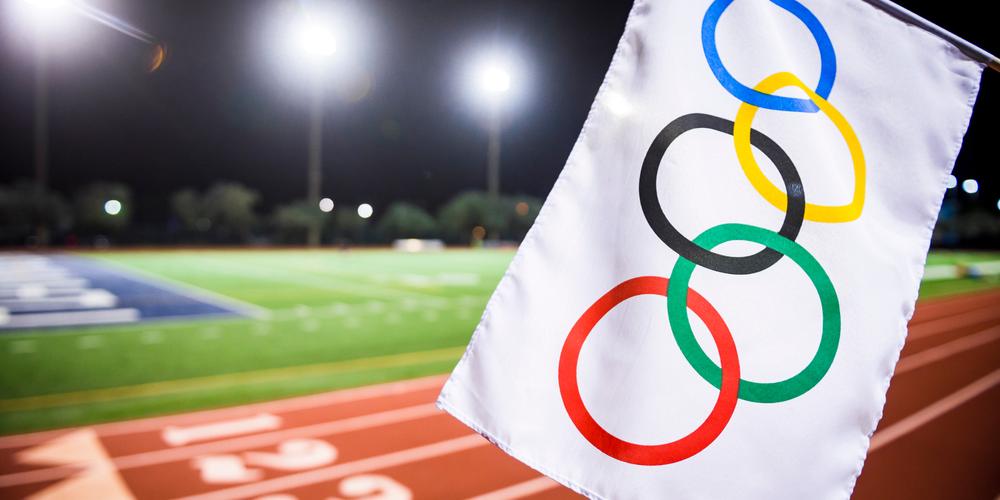
At the Paris Olympics, 1,044 medals were awarded, with ten going to Belgian athletes – the result of four years of hard work on and off the field. Yet, high-performance sports require more than just talent and training; they also need policy efforts to ensure sufficient financial resources. And according to Veerle De Bosscher, a professor of sports policy and management at VUB, that's precisely where Belgium is lacking. “The Flemish government's ambition for a 10% increase in success will not be achieved without additional financial efforts.”
Ahead of the 2024 Paris Olympics, the SPLISS consortium invited countries to participate in a benchmarking analysis to evaluate the effectiveness of financial investment in elite sports. The study focused on the relationship between investment and the number of medals and top-eight placements achieved. SPLISS (Sports Policy factors Leading to International Sporting Success) is a global network of over 60 researchers and 40 policymakers from 20 countries, co-founded by Veerle De Bosscher.
Did Belgium perform well?
“Belgium won ten medals in Paris 2024, its best performance in a century. For the first time since the start of SPLISS’s analyses, our country did not fall below expectations. We had 33 top-eight placements, with 55% of athletes reaching this level.”
Why do some other countries perform even better?
“Forty percent of a country’s success is influenced by its population and wealth – down from 50% previously. This means that other factors, such as policy, have a greater impact, implying success can be created. The downside of our ten medals is that Belgium won in only four of the 21 sports it competed in – a return of just under 20%. The UK, Canada, and Japan each won medals in at least half of their events. In the Netherlands, the success rate is 42%. Sweden and Denmark won roughly the same number of medals as Belgium (11 and 9) but did so across eight sports.”
"High-level sports inspire and motivate young people to engage in sports themselves, connecting communities and fostering national pride"
What’s needed to win even more medals?
“Money, first and foremost. And a strong structure with support from elite sports federations, athletes, and coaches, along with good facilities and more innovation. For example, the Netherlands has a robust long-term strategy, leaves nothing to chance, and is highly adaptable. They continually seek innovation. The UK spends immense amounts on elite sports and innovation, which makes all the difference. They’re beyond simply copying what others do and now have an edge over every other country.”

Can we win more medals with the current level of investment?
“The €33 million budget in Flanders and €14 million in Wallonia is too limited if we want to perform better – that’s about €4.80 per resident, or the price of two beers per person. The Netherlands, for example, invests €89 million and won 34 medals; New Zealand invests €49 million and won 20 medals. Countries with similar budgets to Belgium’s either perform similarly or worse: Sweden (€37 million, 11 medals), Denmark (€35 million, 9 medals), and Finland (€33 million, 0 medals).”
Is participation more important than winning?
“To an extent, yes. For every euro invested in sports, Flemish people gain €3.56 back in terms of physical and mental health, personal well-being, social capital, and productivity. The importance of elite sports and performance is also recognised. High-level sports inspire and motivate young people to engage in sports themselves, connecting communities and fostering national pride. Earlier research by VUB shows that two in three Flemish people report that elite sports make them happy. Nearly four in five believe elite athletes are role models for young people, while 75% think elite sports success is essential for Flanders’ international reputation.”
The Flemish government, with newly appointed Sports Minister Annick De Ridder, wants a 10% increase in success at the Olympics, World Championships, and European Championships.
“A 10% increase won’t happen without additional investment. In fact, performance will decline as other countries invest more. Furthermore, Flemish federations are at their limits, with high expectations placed on athletes, coaches, and elite sports directors that aren’t realistic within the current budget. There is already high staff turnover in federations due to performance pressure and staffing shortages. Flanders has great potential to perform better in multiple sports, but this requires extra investment.”
What about sports that don’t meet performance targets but are still important to Flemish people, such as men’s gymnastics or volleyball?
“Flanders has reached the maximum of what’s achievable within the current elite sports budget. Cutting investments in underperforming sports is sometimes a necessary strategy within the budget. But this risks losing the future potential of these sports, with talent going to waste or elite athletes dropping out due to a lack of support. Additionally, it’s socially irresponsible not to invest in sports that are popular in Flanders and where the federation is well-structured. Success depends on multiple factors, not all of which can be controlled.”
How much more investment is needed?
“It’s hard to specify an amount. A logical approach would be to increase the budget by 10% in line with the target. But that budget is already too low, and other countries are ramping up their investments. With an additional €10 million for elite sports, Flanders could genuinely make a difference.”
This is a machine translation. We apologize for any inaccuracies.